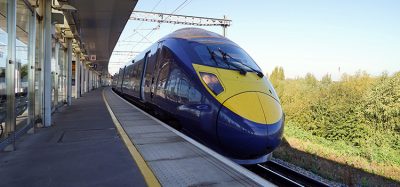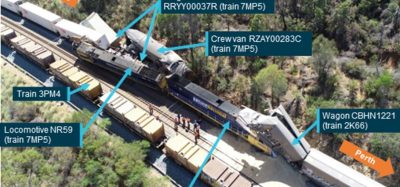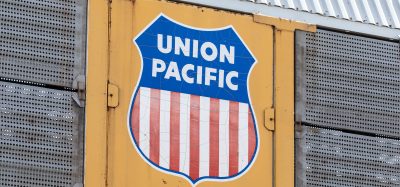Lloyd’s Register Group wins safety assessment contract with Banedanmark
Posted: 1 March 2010 | | No comments yet
Lloyd’s Register has won a framework contract from Banedanmark as part of the approval process for the €2.4 billion renewal of Denmark’s signalling systems.
Lloyd's Register has won a framework contract from Banedanmark as part of the approval process for the €2.4 billion renewal of Denmark's signalling systems.
Lloyd’s Register EMEA has won a framework contract from Banedanmark to provide independent safety assessment and Notified Body (Interoperability Directive) (NoBo) services as part of the approval process for the euro 2.4 billion renewal of Denmark’s signalling systems. The value of the NoBo and generic safety assessor (G-ISA) work is estimated to be DKK 48 million. The contract will cover the period from January 2010 until the end of Banedanmark’s Signalling Programme projected to be in 2021.
Morten Søndergaard, Programme Director of the Signalling Programme said:
“We are looking forward to working with Lloyd’s Register EMEA. The safety approval of the new signals is an essential task which in the end will make sure that the new signalling programme is implemented on time”.
John Stansfeld, Director of Transportation for the Lloyd’s Register Group said:
“This contract was won against strong international competition. It is a significant achievement and puts us at the forefront of European Rail Traffic Management System (ERTMS) assurance projects, bringing together our global experience and knowledge from the signalling and other major infrastructure assurance projects that we have undertaken recently, such as the Dubai Metro and the Taiwan High Speed Railway.”
As the G-ISA Lloyd’s Register EMEA will be responsible for the overall safety assessment of the Signalling Programme including assessment of the client’s (the Signalling Programme) work and overall assessment of the suppliers’ and the stakeholders’ work (interfaces). This will be to ensure that the Signalling Programme execution and the deliveries fulfil the safety requirements, that the interfaces are managed properly and that the signalling programme obtain the necessary approvals from the Danish national safety authority, Trafikstyrelsen.







